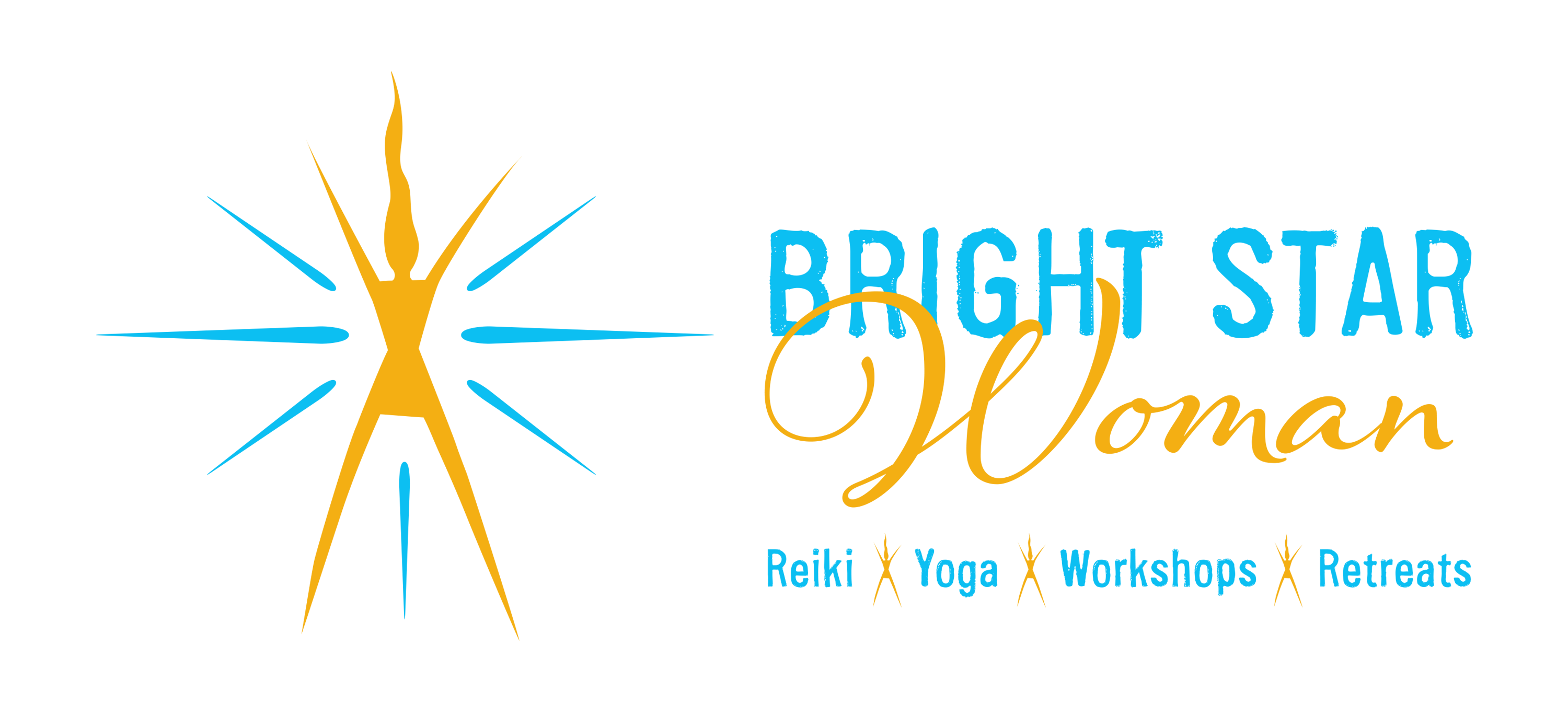Here’s my first of hopefully many book reviews.
***Full disclosure: I don’t like to criticize work, but I will share works that inspire me. I prefer to tell you WHAT inspires me and WHY than spend time tearing stuff down. So keep that in mind. If I haven’t written about it, I either don’t know it (yet) or don’t like it. I guess you’ll never know!***
I love a good story. I have a love-flirty-open-relationship with yoga. I’m also a sucker for stories of personal victory and journeys of growth and self-discovery. Memoirs beg to be read. So aside from being a huge Elizabeth Gilbert fan (I’m sure you all saw that coming), I do like to discover inspiring stories of all kinds. It won’t come as a surprise either that I like to be introduced to female writers who are honest and witty and profoundly human.
My friend lent me Poser: My Life in Twenty-Three Yoga Poses by Claire Dederer. She knew I’d love it. It took me a few months to get through it, because it felt like a bit of an intrusion in this woman’s life. It also felt so real that it wasn’t an “escape read” but an “I’m having to think about how I’m coping with life” kind of read. I recognized parts of myself in the story and thought I’d gain some wisdom. So I paced myself.
Book Review: Poser – My Life in Twenty-Three Yoga Poses, by Claire Dederer
I found Claire Dederer’s story to be raw and relatable. Her writing is lively and realistic. She doesn’t shy away from tough subjects nor does she paint herself as a heroine, even in her own tale. She tackles issues around marriage and motherhood. Her courage facing her challenges and her transparency helps alleviate degrees of loneliness, fear and guilt a reader could feel about his or her own life and coping mechanisms.
Dederer’s chapter organization based on yoga poses goes beyond the trendy idea of learning about yoga, but rather, makes very real connections between the essence of a pose and a phase of her life or one of her learning processes. These parallels help non-yoga practitioners to understand how one can grow through a physical practice of any kind, but specifically through yoga. It’s about so much more than fitness – a misconception which she also addresses. Despite it being a great yoga myth buster, I like that her story isn’t about the protagonist becoming an instructor or travelling to ashrams; it is any woman’s journey. This is about how yoga changed her life, not about how she changed her career or made it big. There are no outrageous claims. We witness her evolving relationships and her connection to herself. That’s inspiring to me!

Claire in a wheel, with kids.
Source: OnPoint
I also have to admit her adventure living away from her home town is one of the most exciting parts for me; it makes me dream about changes that would also help me grow in my current life, with my circumstances. That said, I love that her book isn’t about this one decision or any one event, but rather, about a process, a journey.
I hope that you enjoy reading about one woman’s self-discovery and that it inspires you to connect to your Self.



